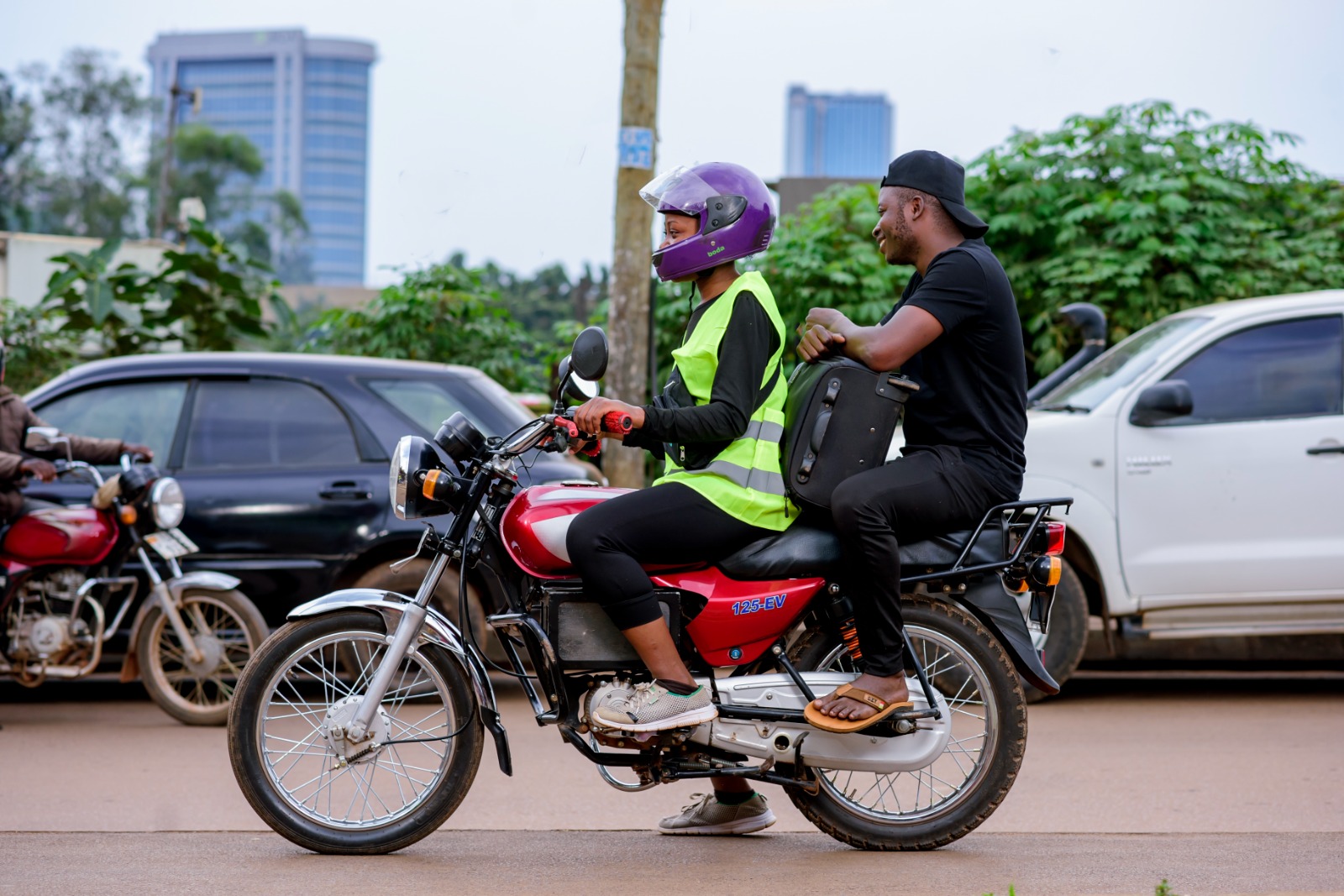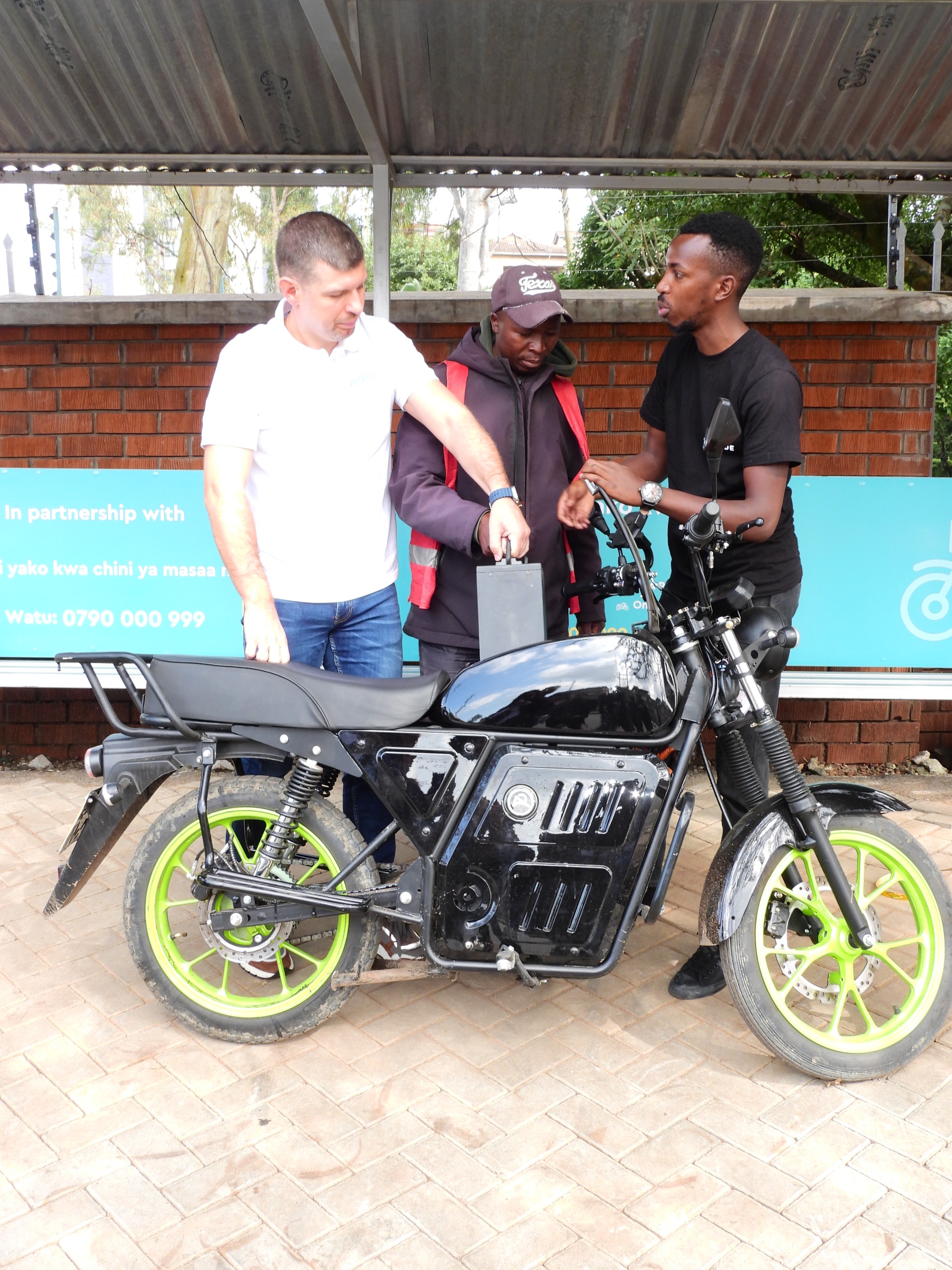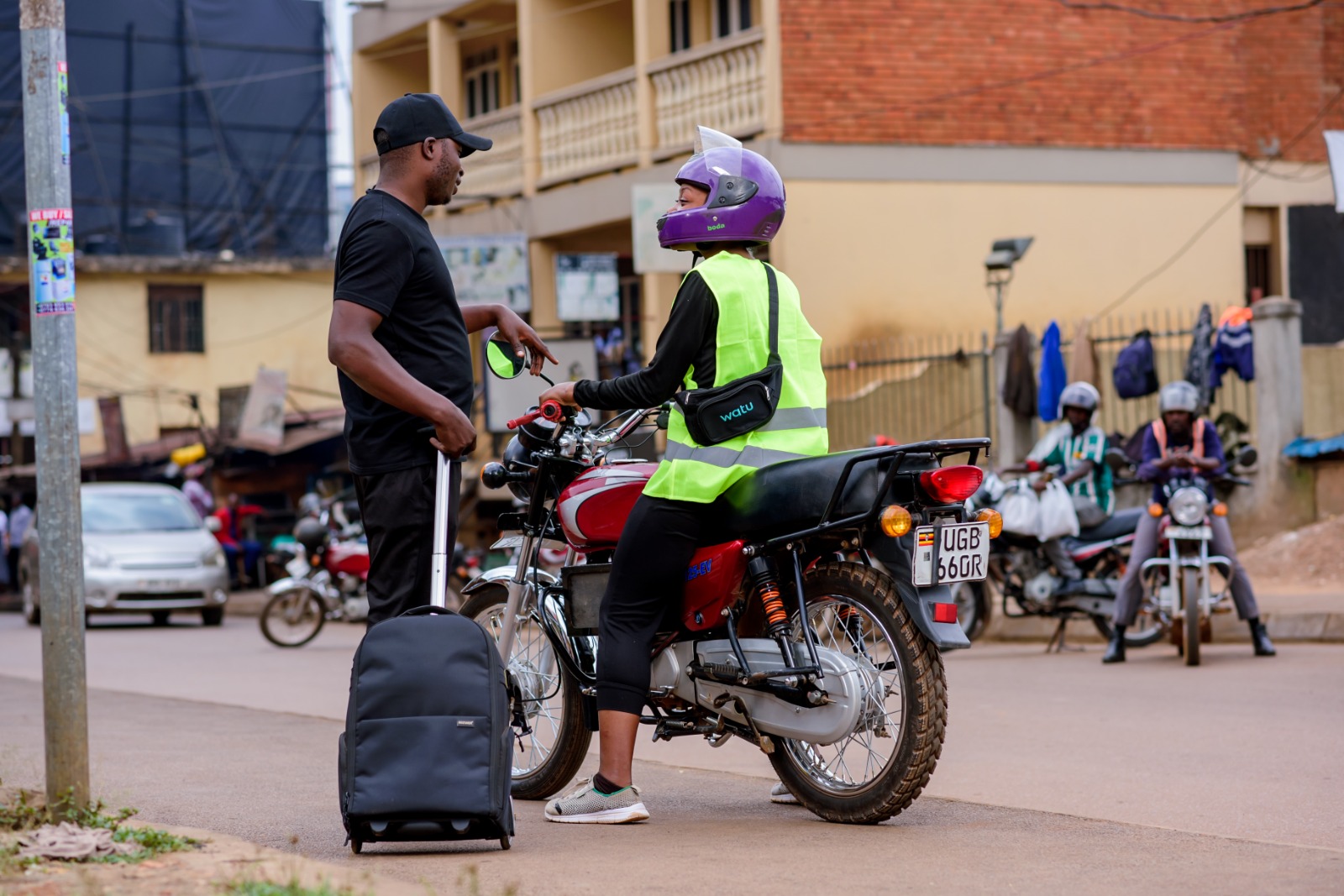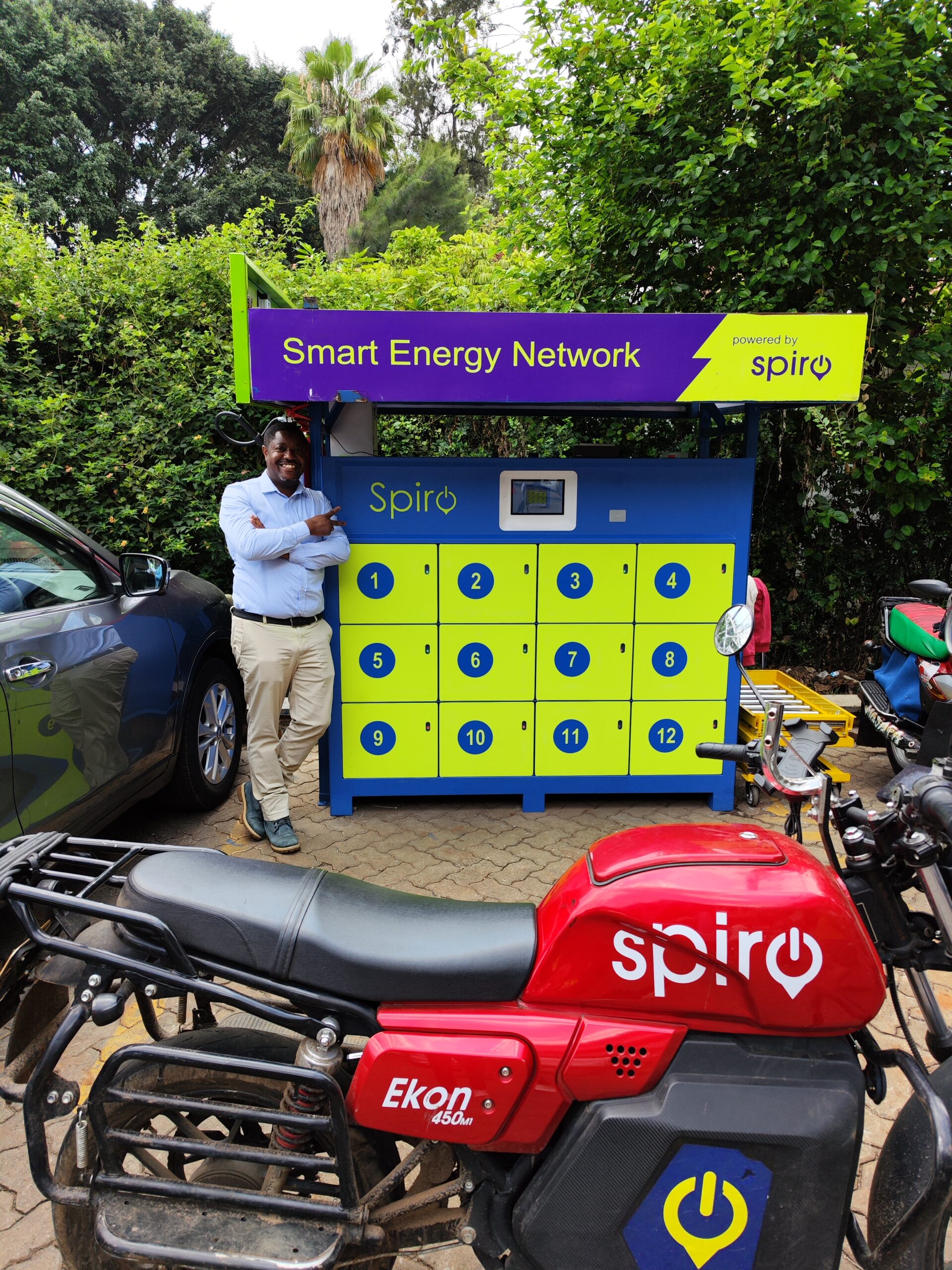Support CleanTechnica’s work through a Substack subscription or on Stripe.
The motorcycle sector is a key pillar of the African transport landscape, especially in East, Central, and West Africa, where motorcycle taxis provide transport for millions of people everyday. Estimates say there are around 30 million internal combustion engine motorcycles in Africa serving nations across the last mile logistics and taxi sectors.
A combination of factors, including the access of conventional financing mechanisms for the underbanked and potential consumers not meeting lending requirements for traditional asset financing, as well as the relatively small upfront purchase prices for ICE motorcycles compared to larger vehicles such as cars, presented an interesting and viable opportunity for innovative asset financing. Microfinance institutions and Asset FinTech companies such as Watu then curated innovative financing platforms linked to daily earnings of consumers, lowering the barriers for millions of people to acquire these assets such as ICE motorcycles, with payments spread over 2 years after a small deposit.

These financing channels helped catapult the incredible growth of the motorcycle taxi sector. For example, in most countries, 80% to 90% of motorcycles are financed. With this established ecosystem, it is no surprise that the electric mobility sector in these countries has been seeded and is now starting to blossom through the motorcycle sector. In Kenya, for example, 7% of all motorcycles sold in 2024 were electric. From the numbers we are hearing from several firms that are active in the electric motorcycle sector, 2025 is looking even better. Will electric motorcycles get more than 10% of new motorcycle sales in 2025? Let’s wait and see, but it looks promising.
The move towards electric vehicles in Africa, especially in the electric motorcycle sector, has mainly been driven by the private sector by small startup companies. Most of the developments in Africa’s electric motorcycle sector have been concentrated along what is now known as the “boda belt.” The boda belt, a term coined by Tom Courtright, is a stretch of countries on the African map where motorcycle taxis have been prominent over the years. This belt stretches from Dar es Salaam, Tanzania, to the outskirts of Dakar, Senegal. There is also significant activity in North African countries such as Morocco, where smaller scooters are used mainly for personal transportation, unlike in East Africa and West Africa, where most of the activity is for commercial transport purposes. Those innovative asset financing platforms are again at the heart of this growth. Watu is one of the leaders in this space. Watu has just released its 2024 Sustainability Report and we found some interesting insights in that report.

Watu’s 2024 Sustainability Report covers the company’s Environmental, Social, and Governance (ESG) performance and initiatives for the period January 1 to December 31, 2024. Watu is actually celebrating its 10th anniversary. Established in 2015, Watu’s mission is to drive financial and digital inclusion across Africa by providing innovative, accessible asset financing solutions tailored to the needs of underserved entrepreneurs. Watu is a rapidly growing asset financing company specializing in secured lending, primarily for smartphones and for two- and three-wheeled vehicles — mainly motorcycles used by boda-boda (motorcycle taxi) operators and tuk-tuks. Watu says by unlocking access to motorcycles, tuk-tuks, and smartphones, the company empowers entrepreneurs to grow their businesses and improve livelihoods. Watu now has operations spanning seven countries — Kenya, Uganda, Tanzania, Rwanda, Nigeria, Sierra Leone, and the Democratic Republic of Congo.

To date, Watu has financed over 600,000 two-and three-wheelers (mostly ICE motorcycles and tuk-tuks) helping catalyze employment and economic participation across underserved communities. Watu says that in alignment with green mobility transitions, the company has set a target to finance 5,000 electric bikes in 2025. The company wants to build on the momentum from 2024, when Watu financed over 2,193 EVs, supported by a growing network battery swapping stations across all major markets.
Watu’s 2025 financing plans and targets financing are as follows:
- 4,850 motorcycles in Kenya, with 2,000 of them being electric. That’s a massive 41% electric share!
- 27,300 motorcycles in Uganda, with 3,600 of them being electric. That’s 13% electric.
- 26,128 motorcycles in Tanzania, with 300 of them being electric. That’s 1.1%.
Watu has a strong electric mobility focus now and partners with local manufacturers and suppliers to support this growing mobility ecosystem. Watu’s ESG Lead Yevgen Poltenko says the company financed 2,193 electric bikes in 2024, which is a 108% jump from last year and 5,483 tonnes of CO2e emissions avoided. “Every e-bike we finance doesn’t just help the planet — it saves our customers money on fuel and maintenance. Our carbon footprint assessment was eyeopening: the ICE vehicles we finance account for 99.79% of our environmental impact. However, rather than seeing that as a problem, we saw it as our greatest opportunity. When we finance electric vehicles, we’re not just financing transport; we’re investing in Africa’s clean energy future.”

He adds that “Recognising the distinct advantages of EVs over ICE vehicles, Watu offers lower interest rates on EV financing (7% compared to 8.75% for ICE bikes) reflecting the substantially lower risks associated with EVs, particularly their much lower theft rate. This is supported by advanced risk management controls unique to EVs, including built-in battery tracking systems, a battery switch-off feature, and streamlined recovery processes at battery swapping stations. These controls make recovery faster and more effective than for ICE bikes, enhancing security for both clients and our business.”
“Our cost analysis further validates the business case for EV financing: customers benefit from approximately 57% lower down payments, 76% lower maintenance costs, and an overall reduction of 95% in operational costs over an 18-month period compared to ICE bikes. These savings translate into greater affordability and financial sustainability for riders, encouraging uptake and promote cleaner mobility solutions.”
The beauty of all this for me is that electric motorcycles are plugging into an existing ecosystem, making it an easier transition. For the longest time, the issue was not about demand. It was about supply of enough electric motorcycles that are suitable for applications in the demanding boda boda sector. As more companies in the assembly and manufacturing of electric motorcycles start to scale up their operations on the customer side, and Asset Fintech companies such as Watu ramp up financing of electric motorcycles, the transition to electric is going to happen a whole lot faster than a lot of people thought.
Images courtesy of Watu.
Sign up for CleanTechnica’s Weekly Substack for Zach and Scott’s in-depth analyses and high level summaries, sign up for our daily newsletter, and follow us on Google News!
Have a tip for CleanTechnica? Want to advertise? Want to suggest a guest for our CleanTech Talk podcast? Contact us here.
Sign up for our daily newsletter for 15 new cleantech stories a day. Or sign up for our weekly one on top stories of the week if daily is too frequent.
CleanTechnica uses affiliate links. See our policy here.
CleanTechnica’s Comment Policy



